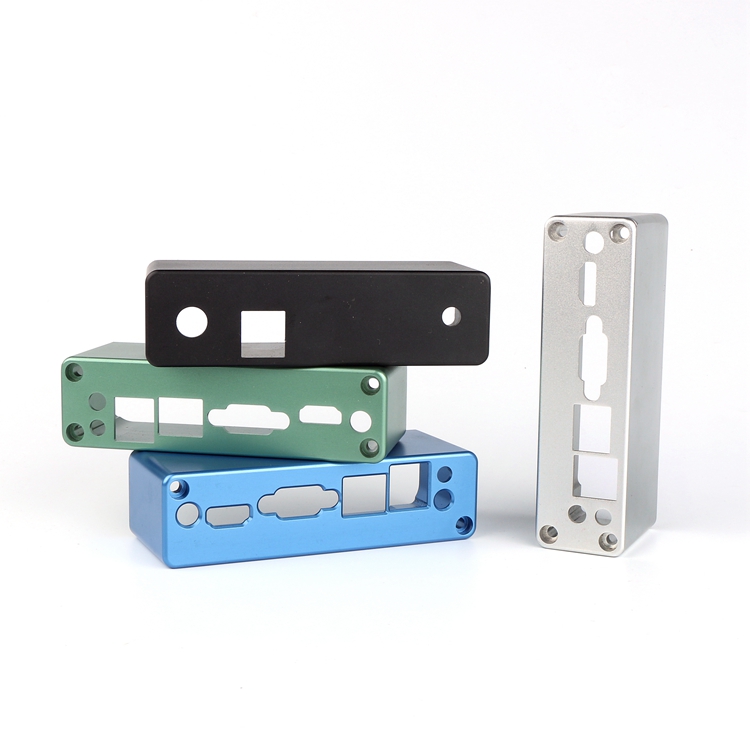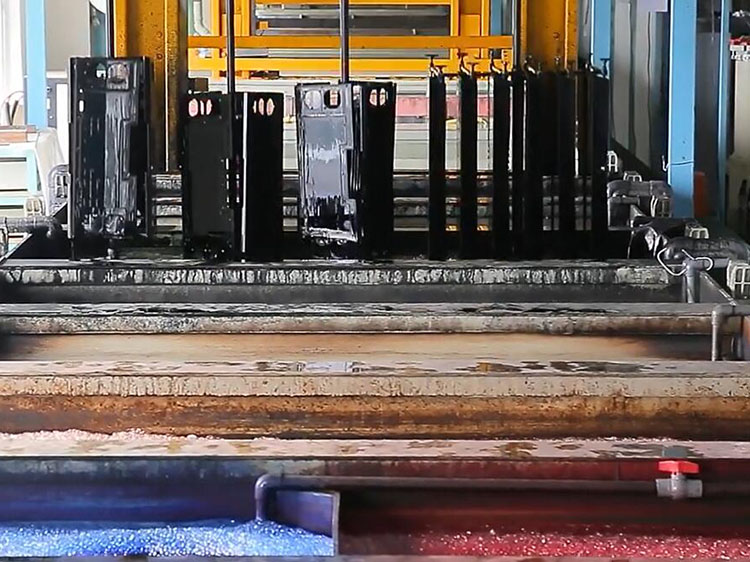Custom CNC Milling Services
CNC milling machining services from China, small and large batches, surface treatment packaging service

Our CNC Milling Services
xinrico’s CNC milling services, from rapid prototyping to custom production machining, take advantage of our high quality 3, 4 axis milling for high precision and high quality CNC milled products. We guarantee that your CNC milling project will be handled smoothly by our in-house CNC machining department and supplier network. So you can focus on getting your product to market faster. If you need a reliable CNC milling company, xinrico will not let you down!

3 Axis CNC Milling
With 3-axis CNC milling, the cutting tool can create flat surfaces, pockets, slots, and other shapes in the material being machined. It is commonly used in industries such as aerospace, automotive, and medical to produce parts with high precision and accuracy.

4 Axis CNC Milling
The rotary axis can be used to rotate the material being machined or the cutting tool itself, which allows for more complex shapes and designs to be created. For example, a 4-axis CNC milling machine can create curved surfaces, helixes, and spiral shapes that would be difficult or impossible to make using a 3-axis machine.
Why Choose Us for CNC Milling Service
We are committed to helping you achieve your manufacturing goals. We continuously strive for effective solutions through advanced technical methods and processing techniques. Our CNC milling services ensure you get high-precision prototypes and high-quality production parts.
Quick Quote
within 24 hours
Milled Parts with Tight Tolerances
Tolerances as small as ±0.01 mm
Fast Lead Time
We have more than 60 sets of CNC machining equipment to ensure completion on time and on demand
MOQ
The minimum order is 1 piece to help you quickly test your own products
Advantages of CNC milling
CNC milling offers several advantages over traditional manual milling methods.
Increased Precision and Accuracy
CNC milling machines are capable of producing parts with very high precision and accuracy, which is critical in industries such as aerospace, medical and automotive. A computer control system ensures that the cutting tool follows the programmed path exactly, resulting in consistent and accurate parts.
Greater efficiency
CNC milling machines can run continuously without human intervention. This allows for faster production times and higher throughput, as well as the ability to produce complex parts with minimal waste.
Flexibility and Versatility
CNC milling machines can be programmed to produce a wide range of parts, from simple to complex designs. This flexibility allows manufacturers to produce custom parts to meet specific requirements.
Cost savings
While CNC mills are expensive to purchase and maintain, significant savings can be realized over time. Increased efficiency and precision can reduce waste and scrap, while the ability to produce complex parts can eliminate the need for multiple machines or additional processing steps.
CNC Turning Materials
A numebr of materials can be used in CNC Turning , giving you various of options to complete rapid prototyping to production runs of custom complex parts. For your manufacturing needs, we provide instant quotatios of 100+ metals and plastics, and even you can compare prices for different machining materials.

Aluminum
Aluminum is a lightweight, silver-white metal with a low density, which makes it lightweight and easy to machine.

Copper
Copper displays excellent thermal conductivity, electrical conductivity and plasticity. It is also highly ductile, corrosion resistant and can be easily welded.

Brass
Brass has desirable properties for a number of applications. It is low friction, has excellent electrical conductivity and has a golden (brass) appearance.

Stainless Steel
Stainless steel is an alloy steel containing at least 10.5% chromium by mass. High corrosion resistance, durability and strength. It can be made in different shapes and sizes through various processes such as casting, forging and welding.

Titanium
Titanium is a silvery metal known for its high strength, low density and excellent corrosion resistance. Titanium is used in a wide variety of industries including aerospace, medical, automotive and sports equipment. Its high strength-to-weight ratio makes it ideal for applications where strength and durability are critical, but weight must be kept to a minimum.

Plastics
Plastics are also very popular option for CNC machining because of its wide choices, relatively lower price, and significantly faster machining time needed. We provide all common plastics for CNC machining services.
| POM | PEEK | HDPE | PET |
| Nylon | PTFE | PVC | PP |
| ABS | PC | PMMA |
Surface Finishes for CNC Machining
CNC machining leaves visible tool marks during the process of removing portions of the block’s surface to create desired shapes. If don’t want as-machined parts, select a surface finishing for your custom parts. At Xinrico, we offer several common surface finishes that help improve functionality and aesthetics.

Bead Blasting
Bead blasting results in parts with a smooth surface with a matte texture. Used mainly for visual applications and can be followed by other surface treatments.

Powder Coating
Powder coating is a surface treatment process that involves applying dry powder to materials such as metal or plastic, then heating to fuse the powder particles and create a smooth, durable coating. The process can be used to apply a variety of colors, textures and finishes to the surface of the material.

Electroplating
The electroplating process involves several steps, including cleaning and preparing the substrate surface, coating it with a conductive material, immersing the substrate in an electrolyte solution, and applying an electrical current to deposit metal ions onto the substrate surface. The resulting metal layer can be polished, textured or colored to achieve a variety of finishes.

Polishing
Involves smoothing and shining the surface of a material such as metal, plastic or glass to improve its appearance, texture and reflectivity. The process involves the use of abrasive materials, such as polishing compounds or diamond grit, to remove small imperfections and scratches from the surface of the material, resulting in a smooth and shiny finish.

Plastics
Create a line pattern on the surface of a material such as metal with an abrasive belt or abrasive pad. This process is often used to create a decorative finish on metal surfaces or to remove small imperfections and scratches.








